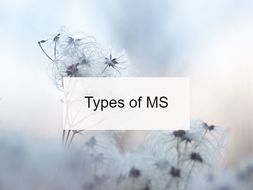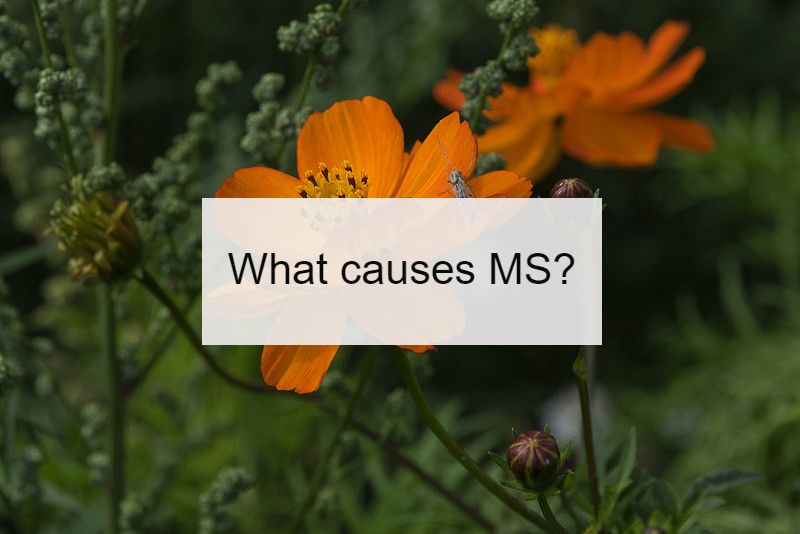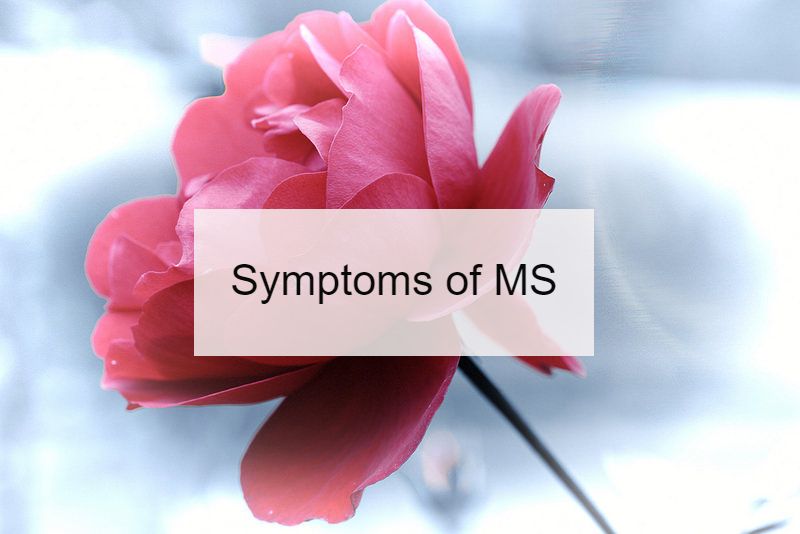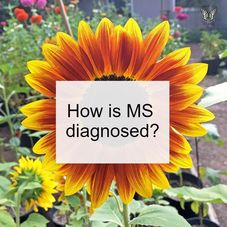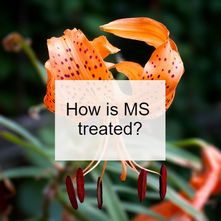Multiple Sclerosis (MS) is a progressively disabling neurological condition which affects the nerves within the brain and spinal cord (the central nervous system; CNS). MS is considered an autoimmune disease where the body's CNS becomes overactive mistakenly believing the body is under attack so begins to 'fight back' and attack itself by eating away at the fatty myelin sheath protecting the nerves. This effectively causes a 'wiring fault' (or short-circuit) where the messages transmitted from the brain are jumbled on their way to provide information to other parts of the body and vice versa, resulting in various symptoms.
'Sclerosis' refers to the scarring or hardening of tissue along the nerve fibres and 'multiple' indicates that this damage happens in more than one part of the brain and/or spinal cord. This hardening damage is referred to as a 'lesion' which is a specific - and often isolated - point along the nerve fibre where the myelin sheath is missing; this damage can be a small spot or cover a larger area resulting in different symptoms.
MS is a lifelong condition, is not contagious, not infectious and rarely fatal: people with MS generally live just as long as those people not affected. The disease is ongoing where damage accumulates over time resulting in progressive disability.
Latest data from the Multiple Sclerosis Society (in 2016) suggests that:
'Sclerosis' refers to the scarring or hardening of tissue along the nerve fibres and 'multiple' indicates that this damage happens in more than one part of the brain and/or spinal cord. This hardening damage is referred to as a 'lesion' which is a specific - and often isolated - point along the nerve fibre where the myelin sheath is missing; this damage can be a small spot or cover a larger area resulting in different symptoms.
MS is a lifelong condition, is not contagious, not infectious and rarely fatal: people with MS generally live just as long as those people not affected. The disease is ongoing where damage accumulates over time resulting in progressive disability.
Latest data from the Multiple Sclerosis Society (in 2016) suggests that:
- there are over 100,000 people in the UK affected by MS (which is about 1 person in every 600) with around 5,000 new patients diagnosed each year.
- The disease can affect both men and women although it is nearly three times more common in women than men.
- The disease is most commonly diagnosed in early adulthood (in the 20s and 30s) but can affect older and younger people too.
Sources:
MS Society (2016) About MS
MS Trust (2016) A-Z of MS: diagnosis
NHS Choices (2016) Multiple Sclerosis diagnosis
MS Society (2016) About MS
MS Trust (2016) A-Z of MS: diagnosis
NHS Choices (2016) Multiple Sclerosis diagnosis
